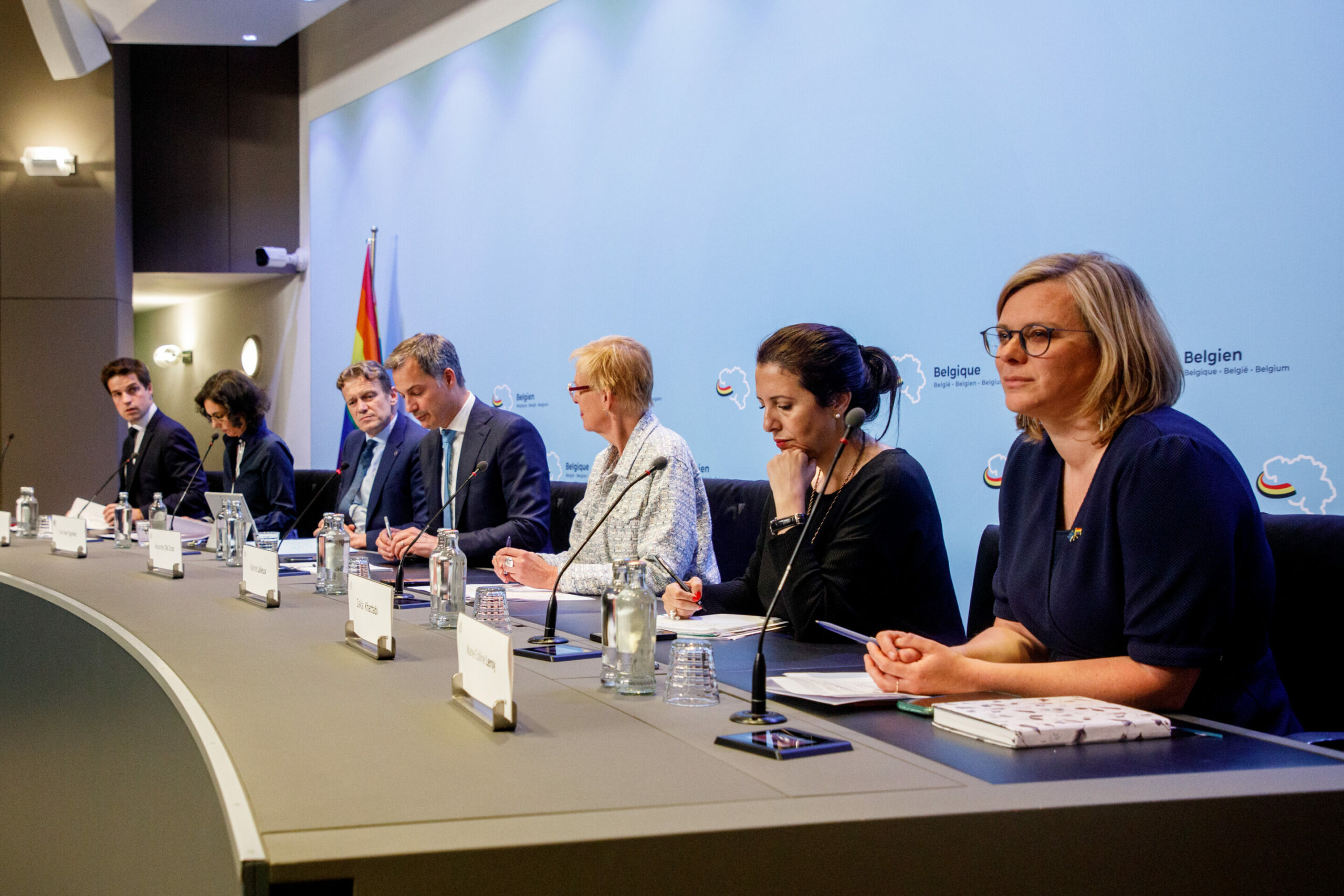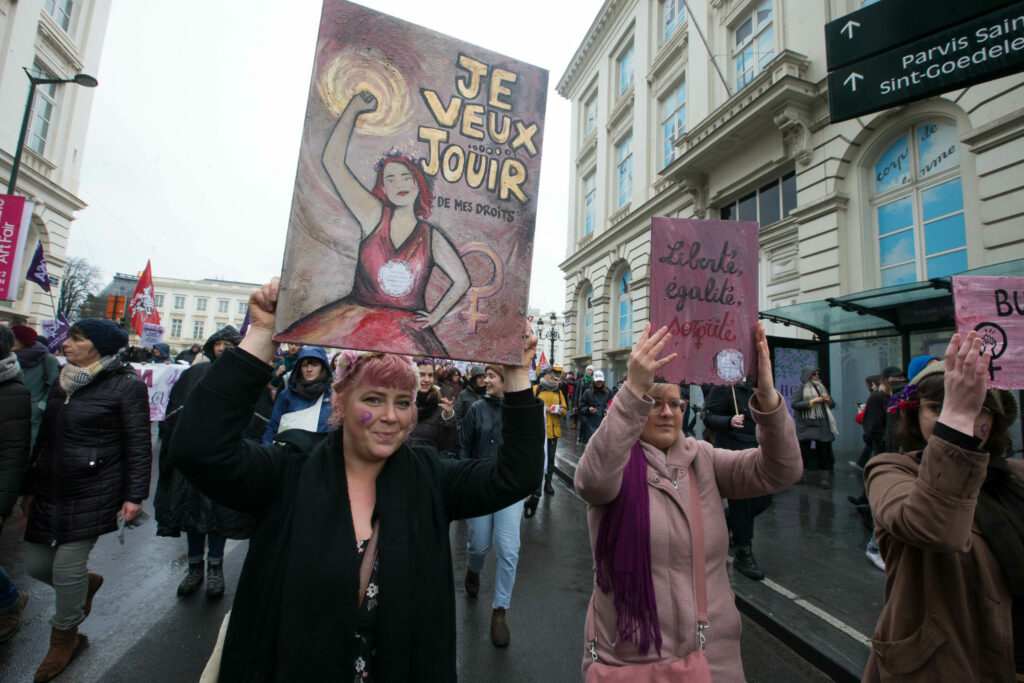Belgium has dropped two places in the World Economic Forum's (WEF) annual Global Gender Gap Index, now sitting in 12th place. The country scored best among other countries for closing the gender gap in politics.
Every year since 2006, the WEF has benchmarked the current state and evolution of gender parity across the world, focusing on the four pillars, namely labour market, education, health and politics. The latest edition of the report highlights that Belgium remains among the best countries when it comes to gender equality, but its performance has worsened since last year.
In 2023, Belgium finished in 10th place, but it fell to 12th this year. "Of the 146 economies included in the Index this year, nearly half of them reported improvements in their overall gender parity scores, but Belgium is not one of them," a WEF spokesperson told The Brussels Times. Iceland remains in first place, ahead of Finland, which has taken over second place from Norway.
A lack of faster progress contributed to Belgium experiencing a relative drop in ranking, with it losing ground to faster-advancing economies such as Spain and Ireland.
"Belgium dropped by two spots in the ranking due to a slight decline in its own absolute score (mainly on the economic opportunity dimension) and the fact other countries either improved their absolute score (Spain) or despite a reduction still achieved a higher absolute score (Lithuania)," the spokesperson added.
Overall, the world has closed 68.5% of the gender gap, but only 0.1% in one year. The WEF's Index – which ranks countries with scores on a 0 to 1 scale, with 1 representing the optimal situation – is the longest-standing index to track the progress of countries' efforts towards closing the gender gap. "At the current rate, it will take another 134 years – five generations – to achieve equality."
Best in politics, lagging in health
Since 2006, when the Index was first published, Belgium has twice been placed in the global top ten (in 2014 and 2023). The country scored the lowest in 2018 when it landed in 32nd place. The WEF noted that Belgium has narrowed its overall gender gap by +8.5 percentage points since 2006.
While the European economy has made the most progress overall when it comes to the 'Political Empowerment dimension', narrowing the political gap by +25.4 percentage points since 2006, Belgium has performed particularly well in this category, finishing in 16th position.

Belgium significantly improved parity in 'Women in Ministerial Positions'. Credit: Belga / Hatim Kaghat
"Belgium has improved parity by +72.7 percentage points over the past 18 editions in 'Women in Ministerial Positions' and improved the level of gender parity at the parliamentary level (+21.4 percentage points). As a result, Belgium has advanced its political parity score to 48.6% in 2024 (over double the global average score)," the WEF noted. Globally, political participation remains the point where the gap is still the widest.
Among the other main indicators covered, Belgium ranks 57th for economic participation, 30th for level of education – Belgium did get the maximum score, along with 32 other countries – and 90th for health. "Belgium has maintained a mostly stable performance, except for in 'Health and Survival', where parity in the healthy life expectancy indicator has regressed by -3.7 percentage points since 2006."
A regression in the labour market category also resulted in Belgium's overall gender parity score being negatively impacted (-0.3 percentage points).

